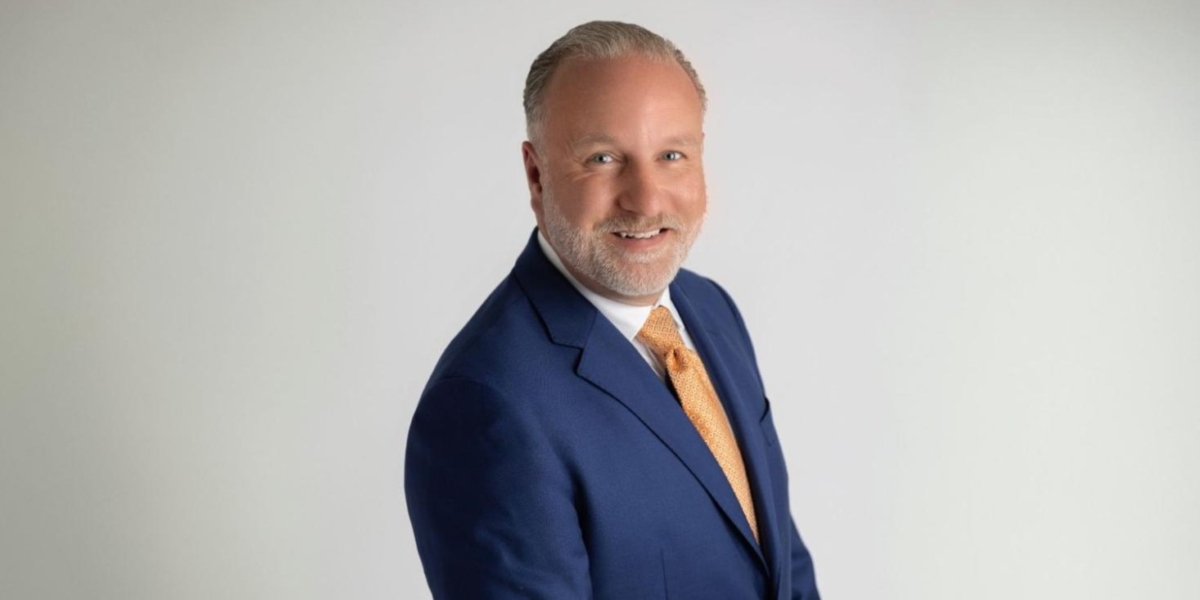Glorb has amassed over 500k monthly listeners on Spotify for Spongebob-soundalike rap songs. © Image courtesy of Glorb, Undawata, Spotify AB
As we enter the era of AI-generated music, it’s clear that the boundaries of creativity are being pushed to new and absurd limits. Just when you thought you’d heard it all, AI voices emerge to convert your average Joe’s voice into that of celebrities or fictional characters. Now, you can finally fulfill your dream of hearing SpongeBob engaging in epic rap battles! Move over, Glorb, the mastermind behind “The Bottom” and the genius who gave us rapper versions of SpongeBob characters like Plankton and Mr. Krabs (or “Dankton” and “Kash Krabs”).
Moreover, Hatewizards, the master of musical sorcery, has successfully delivered posthumous Juice WRLD songs that give the impression of being genuinely written by the late artist himself. It’s as if Juice WRLD is still here, creating music from beyond the grave. It seems that Grade A, the label behind Juice WRLD’s music, is still profiting off of this AI-generated music. YouTube descriptions indicate that the label has implemented a YouTube Content ID policy to claim a percentage of the streaming profits for AI generated music of their artist. It is unclear whether Hatewizards is receiving royalties for writing the track or if he has forfeited any potential writing royalties by replicating Juice WRLD. This poses an ethical challenge, to say the least.
To get in on the AI music revolution, enthusiasts have flocked to websites like NotMyVoice and Kits AI. These platforms provide models contributed by dedicated fans, allowing users to generate voices that can imitate their favorite artists. It’s a democratic approach to music creation, where the power lies in the hands of the fans. However, NotMyVoice has wisely added a content filter to prevent any audio files containing harassment or potential impersonation. We don’t want AI-generated chaos and confusion, after all.
Evan D., the owner of Kits.ai, revealed to SoundOnSound that they were “truly inspired by the endless possibilities it could offer to artists” when they witnessed artist Grimes embracing AI to amplify her voice and engage her community. Similarly, Samir K., the owner of NotMyVoice, shared with CEO Weekly that the project was swiftly completed “within a week due to a surge in demand” for AI voices on popular platforms such as TikTok and YouTube. These remarks reflect the profound impact AI has had on the music industry, igniting a sense of inspiration and unleashing a wave of demand for AI-generated voices.
Now, it’s important to address the elephant in the room: ethics. While AI-generated music opens up a world of possibilities, there’s always the risk of misuse. Impersonation could become rampant, and we might find ourselves surrounded by soundalikes. But soundalikes are nothing new by themselves: just think about Trilla Kid and Lil Uzi Vert. Trilla Kid is known for sounding eerily similar to Uzi, even releasing a song called “Zoom” that replicated Uzi’s flow before the original was released. It’s like we’re living in a world where doppelgängers dominate the music scene. Are we witnessing a revolution or a crisis of identity? Only time will tell.
AI-generated music is undeniably a game-changer for artists and fans alike. It brings humor, absurdity, and a fresh perspective to the music industry. However, we must approach this revolution with caution and skepticism. Let’s not lose sight of the ethics involved and ensure that the boundaries of creativity are respected. After all, we don’t want AI to completely take over and leave us humans feeling like mere spectators in our own musical landscape. So, let’s embrace the revolution while keeping our funny bone intact and our ethical compass pointing in the right direction.








